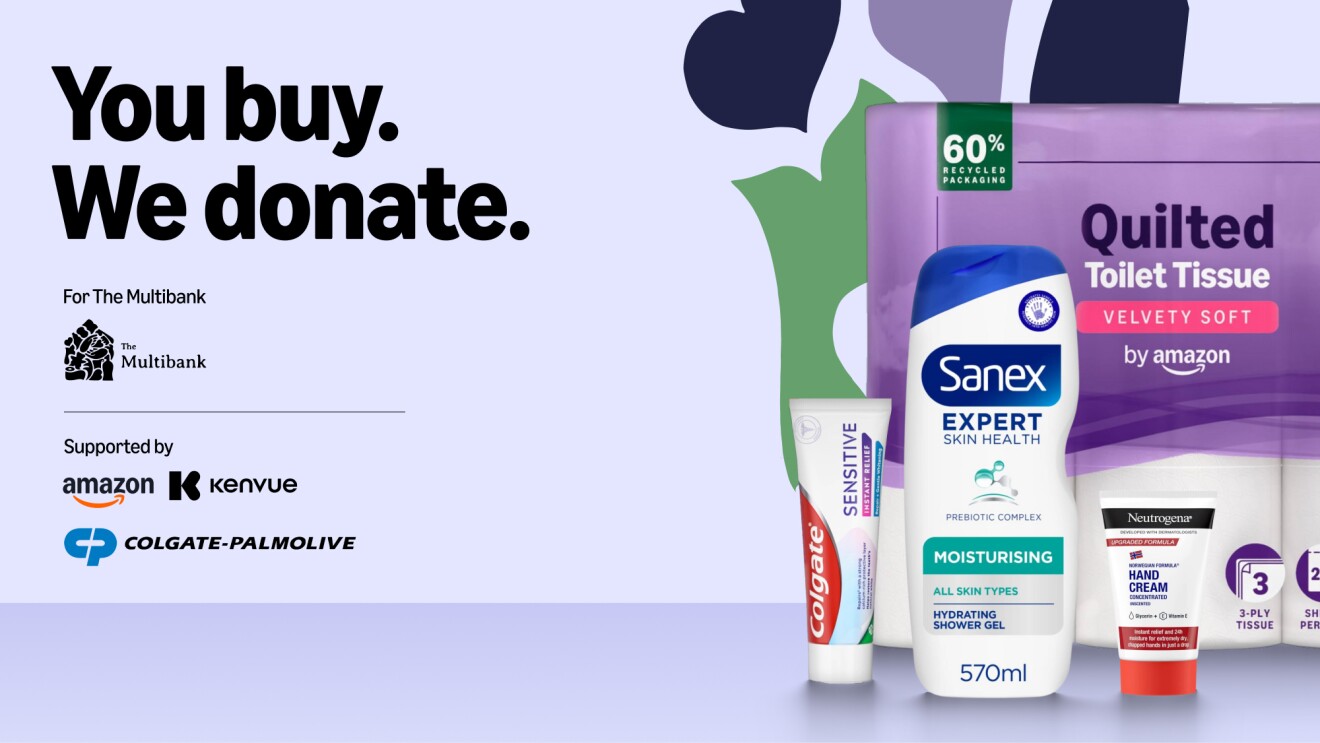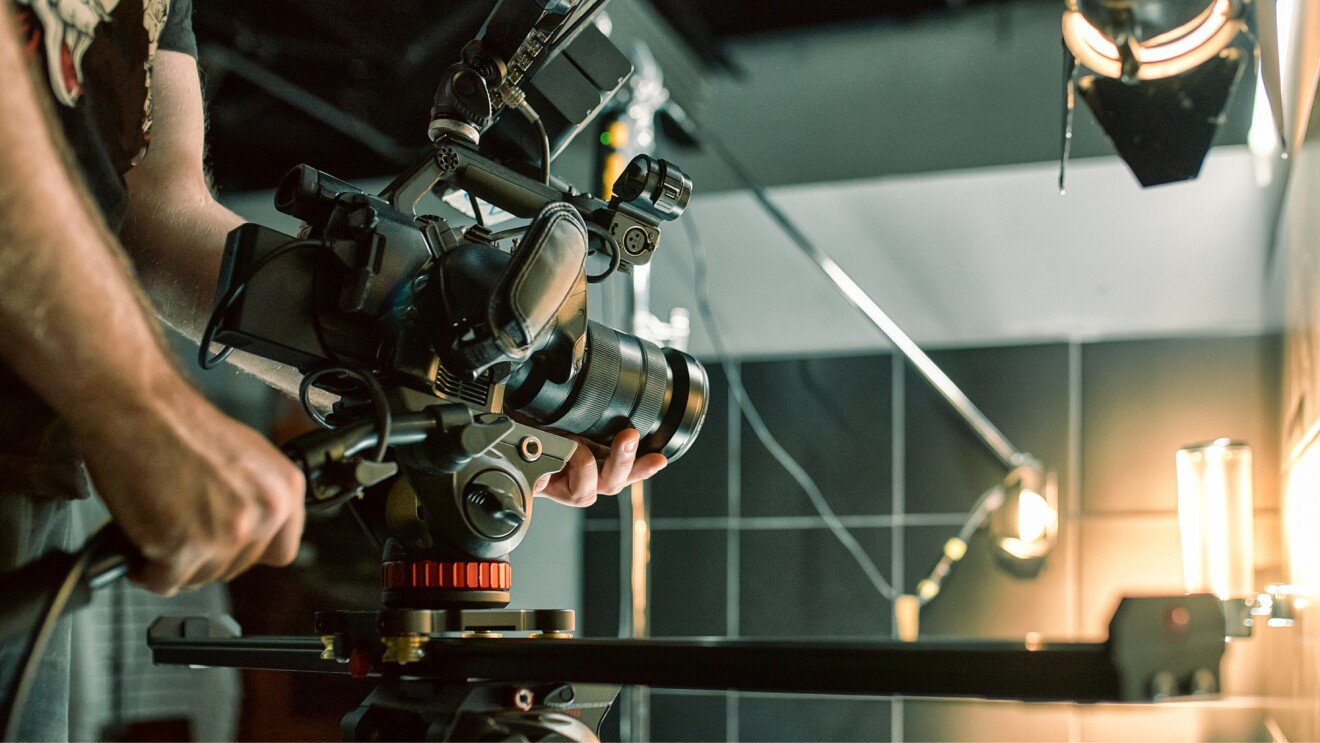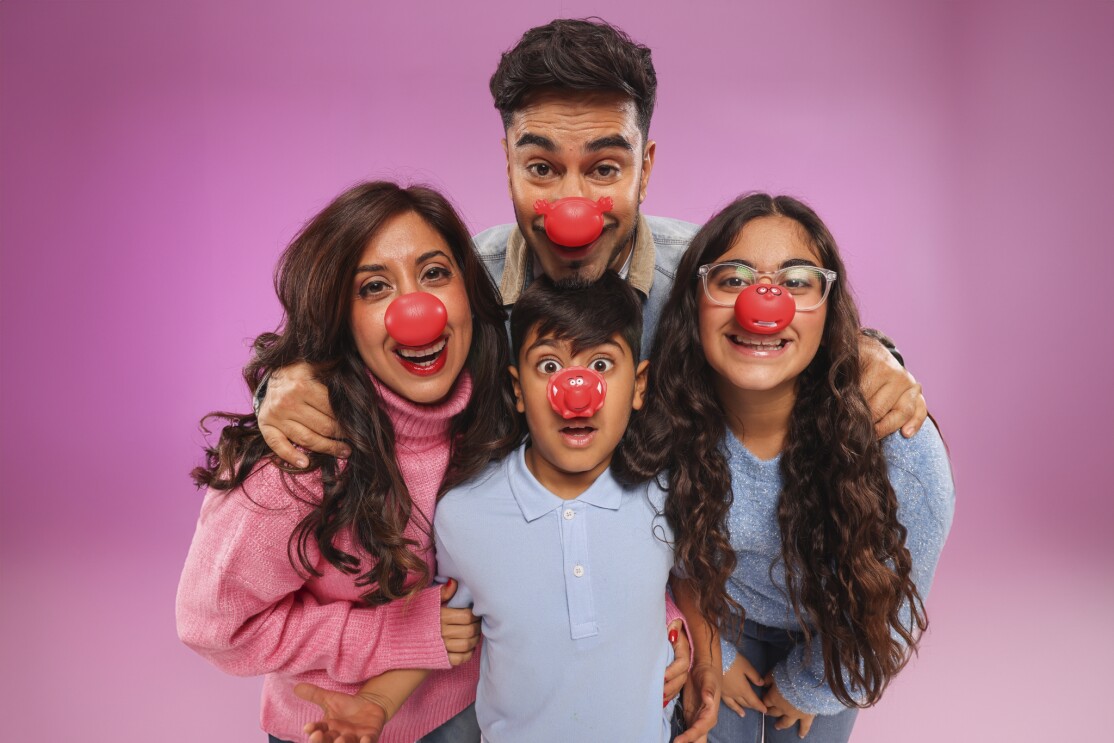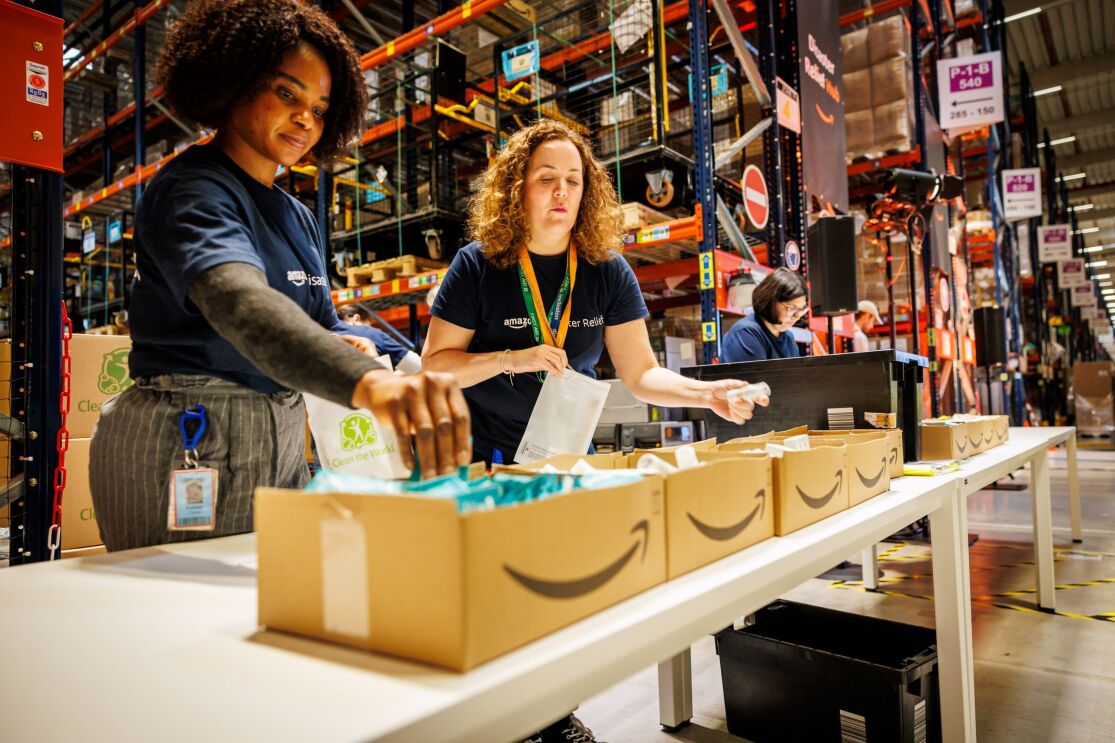Food waste is an issue that every organisation across the food supply chain faces, and it’s a challenge we’re committed to tackling at Amazon. But the suggestion in some media that we throw away perfectly good food and drink is wrong - if we can donate it, we will donate it.
We never compromise on customer safety. It is our priority to ensure that food and drink products are resold or donated whenever possible, but there are times when we are unable to do so. In line with food safety regulations, we do not donate food and drink products if they could pose a safety risk. That includes items past their use-by date, those that won’t reach a charity partner before they expire, and those that could have been damaged, opened or spoilt in any way while being delivered or returned.
Food products that cannot be donated are recycled in the UK through a biological process called anaerobic digestion, which converts them into fuel and organic matter for agriculture. They are not thrown away, nor do they go to landfill.
We believe that families should not have to make trade-offs in order to not go hungry - which is why we partner with 23 food banks and charities tackling hunger across the UK. In the first half of 2021, Amazon donated 2.9 million food and drink products to charities across the UK, and 1.9 million household goods and pet food products. That’s one donation every four seconds. Through these donations of fresh food, basic household goods, pet food and financial support, we help these organisations across the UK that are fighting hunger every day.
For example, in the north of England, we work with The Bread and Butter Thing supplying fresh fruit, veg and chilled goods to the 18000 members who access its affordable food service through its 50+ projects. In doing this, we use our surplus food to help ensure that people can afford to feed their kids and enable low-income communities to access a broader range of healthy, quality food that they can’t get locally. Our Dunfermline warehouse supports the Edinburgh Food Project and the Glenrothes Food Bank, amongst others.
Amazon has also delivered more than four million free, healthy breakfasts to children at risk of hunger across the UK since May 2020 alone. Our partnership with Magic Breakfast has helped ensure those children have had a nutritious start to the day through lockdowns, school holidays and term times.
It is better for the environment, our customers, our communities and for our business when we can resell or donate these products, and that is our priority. Like most retailers, we have more work to do, but we are committed to reducing our environmental footprint and building a circular economy programme with the aim of reducing returns, reusing and reselling products, and reducing disposals. We’re working towards a goal of zero waste to reduce food waste as part of our commitment to reaching net-zero carbon by 2040 - 10 years ahead of the Paris Agreement.








